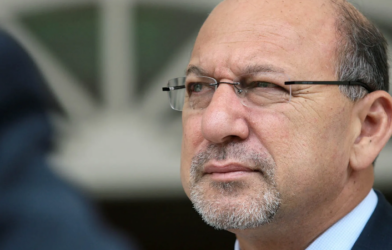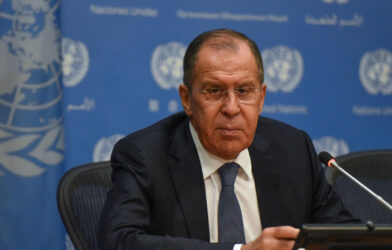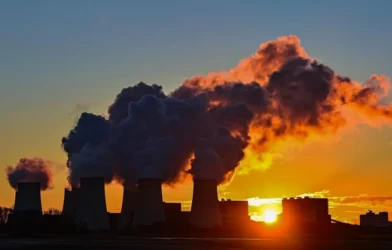BP has announced a significant shift in strategy, cutting back on renewable energy investments to prioritize oil and gas production.
The company has secured a $25bn (£19.8bn) agreement with the Iraqi government to develop multiple oil and gas fields, a move CEO Murray Auchincloss describes as a “fundamental reset.” This decision comes as BP faces mounting pressure from investors frustrated with its lagging financial performance compared to competitors.
The shift follows broader industry trends, with firms like Shell and Norway’s Equinor also scaling down green energy commitments. The renewed focus on fossil fuels aligns with US President Donald Trump’s pro-oil stance, which has deprioritized low-carbon initiatives.
BP has struggled to match the financial returns of rivals, with its share price rising just 0.88% over five years, excluding dividends. By comparison, Shell’s share price has surged 48% over the same period. Despite its challenges, BP remains the sixth-largest company on the London Stock Exchange by market capitalization, though shares dipped another 0.8% as of midday Wednesday.
The newly inked Iraq deal grants BP access to four major oil and gas fields in Kirkuk, estimated to contain up to 20 billion barrels of oil equivalent. Initially, the project will focus on extracting 3 billion barrels, primarily to support Iraq’s domestic gas supply, with potential for further expansion.
BP’s pivot comes after previously setting ambitious sustainability targets, including a commitment to reduce oil and gas production by 40% by 2030 in favor of renewables. However, last year, the company revised its goal to a 25% reduction, and now it is expected to abandon those targets altogether, slashing renewable energy investments by more than half.
The company’s financial performance has also declined, with net income falling to $8.9bn (£7.2bn) in 2024 from $13.8bn in 2023. Investors, including Elliott Management—which recently acquired nearly a 5% stake in BP—have pressured the company to refocus on fossil fuels to improve returns.
This strategic shift has drawn criticism from environmental advocates and some shareholders. James Alexander, CEO of the UK Sustainable Investment and Finance Association (UKSIF), warned that BP’s expansion in oil and gas contradicts global energy transition goals and could expose investors to long-term financial risks.
Greenpeace UK also issued a strong response, cautioning BP against doubling down on fossil fuel production, predicting resistance not just from climate activists but also from shareholders concerned about sustainability commitments.
Adding to the pushback, a coalition of 48 investors has urged BP to allow a shareholder vote on any plans that scale back its renewable energy pledges. Royal London Asset Management, one of the signatories, stated: “While we acknowledge BP’s past efforts in the energy transition, we remain concerned about continued investment in fossil fuel expansion.”
BP’s strategy shift coincides with the return of President Trump, who has already taken steps to boost US oil and gas production. Within days of resuming office, he declared an “energy emergency” under the National Emergencies Act to prioritize fossil fuel development and withdrew from the Paris Agreement.
A report from Climate Power, a green advocacy group, revealed that major oil companies spent $445 million lobbying Trump and Congress during the last election cycle, underscoring the growing influence of the fossil fuel industry.










Comments are closed